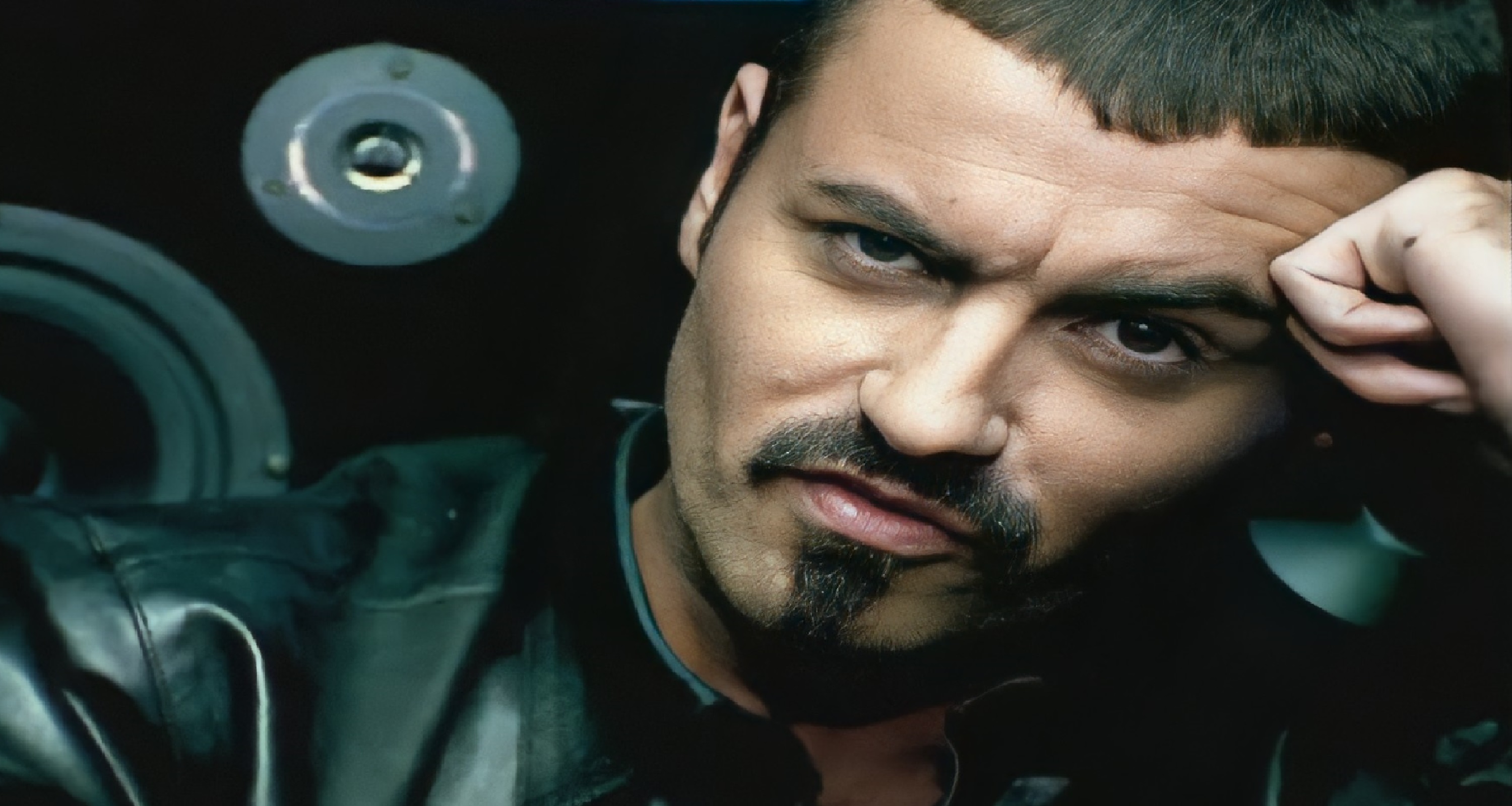Why George Michael’s ‘Older’ remains the late star’s greatest work
Joseph Ryan-Hicks explores the heartbreak behind George Michael’s third solo album, Older.
By Will Stroude

Words: Joseph Ryan-Hicks
Emerging from 80s blockbuster pop band Wham!, George Michael released his first solo album in 1987, seamlessly transitioning from teen heart-throb to serious musician. Yet his personal life remained private. It wasn’t until his third LP, 1996’s Older (re-released on Spatial Audio in July), that he sang about the tragedies that had shaped his world.
Three years prior, George’s partner of two years, Anselmo Feleppa, had tragically passed following complications with Aids, while during Older’s recording, George’s mother was diagnosed with cancer. The emotional trauma was surely paralysing, but making music, he said, helped him heal.
Sonically, George steered away from the lager-guzzling Britpop that was dominating the 90s, opting instead for a sophisticated R&B/jazz blend. Along with this new sound came a fresh look: his signature locks were buzzed; his outfits were sleek and refined. It was an attempt to silently declare his homosexuality, he would later claim.
Older’s first single ‘Jesus to a Child’ was an ode to Feleppa. “I sang [the track] and thought ‘Oh my God, that’s him and me,’” George later revealed of the writing process. The song was a huge commercial success, reaching No. 1 in the UK, Australia and beyond, yet fans knew nothing of the love story behind it.
Second single ‘Fastlove’ saw George trying to numb his heartache with hookups; its funky groove contrasting with melancholy lyrics. “I miss my baby tonight…” he croons, suggesting a quick fix won’t work. Some interpret third single, ‘Spinning the Wheel’ and the lyric “How can you love me?/When you are playing with my life?” as addressing the threat of HIV.
Despite not yet being out to the public, Older was unquestionably about the 90s gay male experience. Health anxiety was rife and kept many in the closet. A generation watched loved ones suffer in unimaginable ways. The prospect of ‘happily ever after’ seemed hopeless. On Older, George is reaching out to the LGBTQ+ community, despite not being ready to publicly claim it as his own.
Looking back, it seems unimaginable for an artist of his stature to have concealed his sexuality for so long.
“It’s very hard to be proud of your own sexuality when it hasn’t brought you any joy,” he later said.
But Older sparked a sexual liberation (‘Outside’, ‘Freeek!’ came later) that would go on to inspire Lil Nas X, Sam Smith, et al.
In a 2007 interview, George described Older as his best work. The torment and heartache enveloping his life during recording led to musical maturity. On whether his suffering was worth the outcome creatively, he declared: “I never want to be inspired again.”
